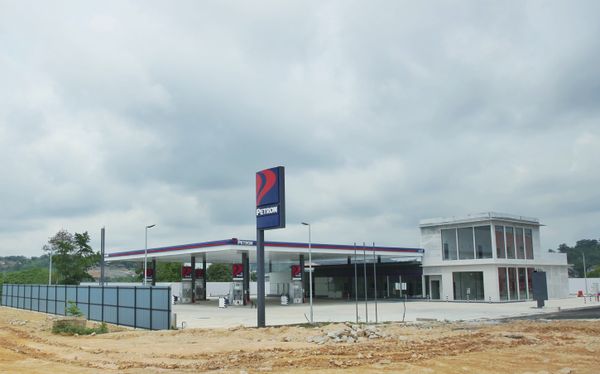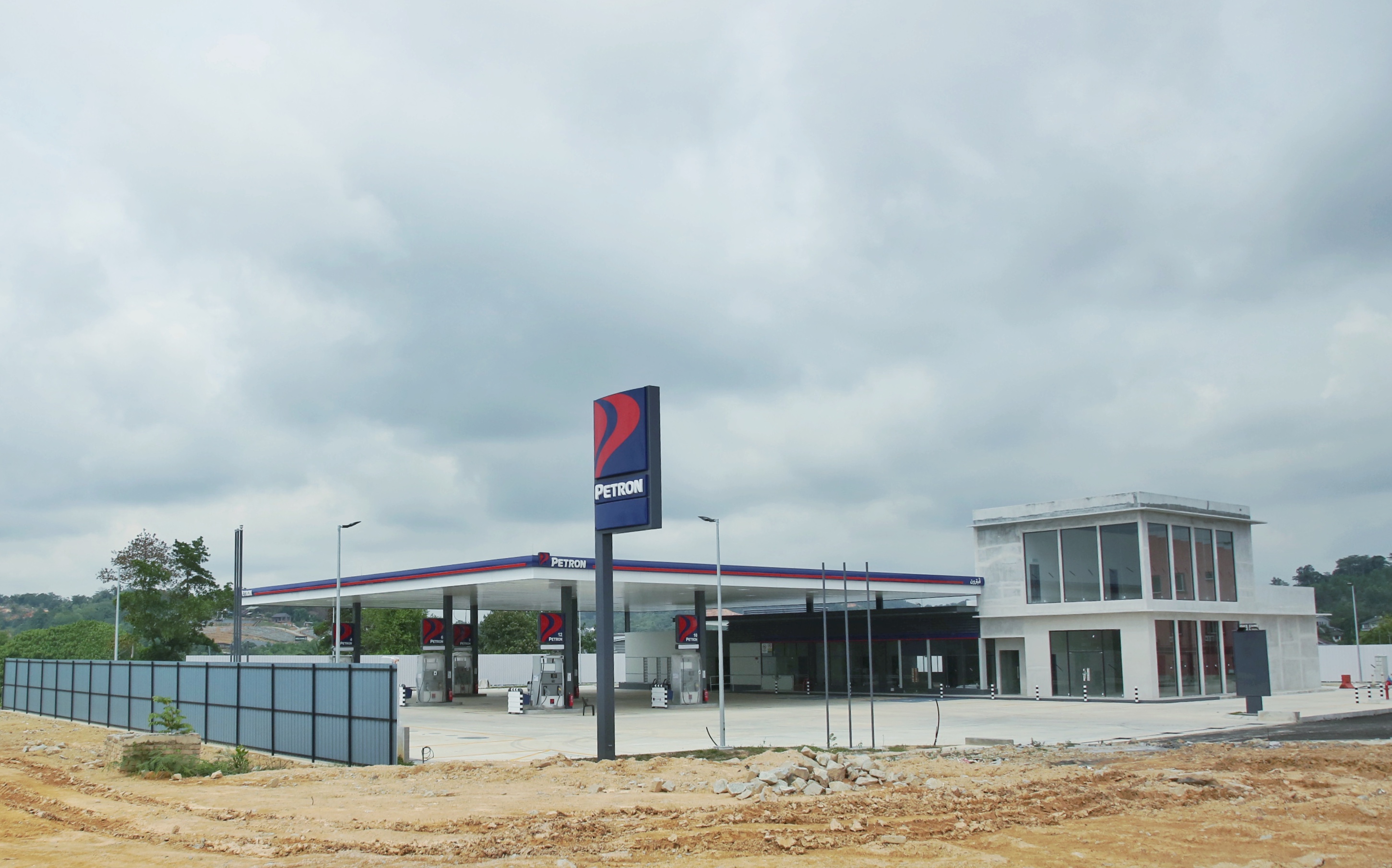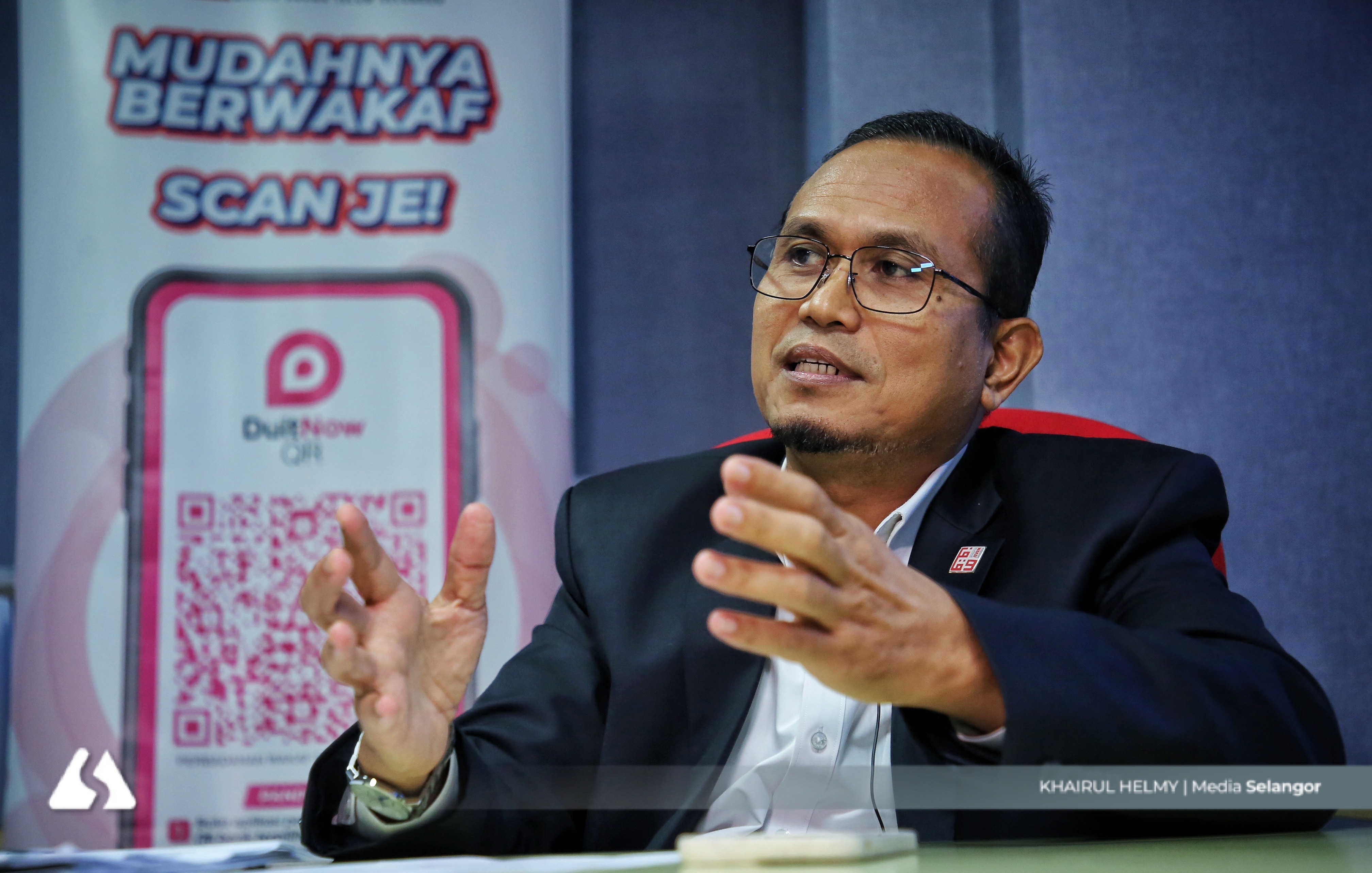SHAH ALAM, Sept 5 — Malaysia is set to make history with the establishment of the country’s first petrol station on wakaf land, built for RM9 million, marking a new dimension for wakaf, which has traditionally been associated with the construction of mosques, suraus, and cemeteries.
Perbadanan Wakaf Selangor (PWS) chief executive officer Anuar Hamzah Tohar said the pilot project demonstrates the potential of wakaf in generating wider economic and social benefits for the community.
The construction of the station on 1.2 acres of land in Sungai Merab, Bangi, has reached 90 per cent completion and is expected to begin operations in October.
“On the site, not only will there be a petrol station, but also kiosks for rent. The station is fully owned by PWS and operated by its subsidiary.
“The proceeds will be divided, with 50 per cent channelled to the intention of the donor, who wanted the benefits directed to Masjid Sungai Ramal Luar. So, for example, rental income will be returned to the mosque.
“The remainder will be used by the PWS subsidiary as working capital. If there are further profits, we will review them and possibly allocate some to surrounding suraus or mosques,” he told Media Selangor.
Anuar added that the petrol station's development model was inspired by other states that had previously developed such facilities on Baitulmal land under the supervision of the religious council.
“We learnt from states that have developed stations on Baitulmal land, which is managed by the religious council. We then adapted the model in Selangor, applying it to wakaf land instead. This is something new.
“We also presented the idea to the committee, the Mufti, and others. Their response was positive. There is no issue with developing it, as long as the benefits are channelled back to the donor’s intended purpose.
"We must ensure Syariah requirements are observed so that the true concept of wakaf is not compromised,” he said.
Beyond the station, PWS’s commercial wakaf model also involves agro-tourism ventures, including pineapple cultivation in Sungai Merab, Bangi, and rock melon farming in Klang.
“The pineapple project, Saudagar Nanas Agrofarm in Sungai Merab, covers over eight acres of land, developed by tenants as an agro-tourism project. The rental proceeds are returned to Masjid Sungai Ramal Luar in line with the donor’s intention.
“PWS also plans to develop four more parcels of wakaf land in Klang, Port Klang, and Hulu Langat as petrol stations under the commercial wakaf model,” he said.
Anuar stressed that the instrument used to develop wakaf land depends on the donor’s intention, ensuring that the benefits are channelled according to the original purpose.
“We must always look at the donor’s intention. If it is for the general benefit, it is easy to develop. But if it is specifically for building a mosque, then a mosque must be built, even if one already exists nearby.
"To change the intention, it has to be presented again to the fatwa committee. But if the intention is to benefit a mosque, then we can develop any facility on the land (as long as it complies with Syariah) and channel the proceeds for the mosque’s benefit or whatever the donor intended,” he said.
In addition, every wakaf land development must undergo a detailed study to determine the most suitable form of development based on the location and potential of the land.
“When we want to develop a parcel of land, we must first study its location. If it is by the roadside with commercial potential, then it should be developed commercially.
“If the land is designated for agriculture and the surrounding area is suitable, then we will develop it as an agricultural centre. So before any land is developed, we conduct research to determine which form of development will yield the greatest benefits,” Anuar said.
He noted that the concept of wakaf should be viewed in a broader context, not confined to traditional purposes like mosques, suraus, or cemeteries, but also extending to education, healthcare, the economy and community well-being, as practised in several countries.
“We also look to countries that have embraced commercial wakaf, such as Turkiye and Singapore. In Turkiye, the concept encompasses not only social but also economic aspects, with the establishment of wakaf banks and business centres.
“In Singapore, the subsidiary of the Islamic Religious Council develops wakaf land not only for mosques and suraus, but also for commercial purposes such as apartments and business centres,” Anuar said.





